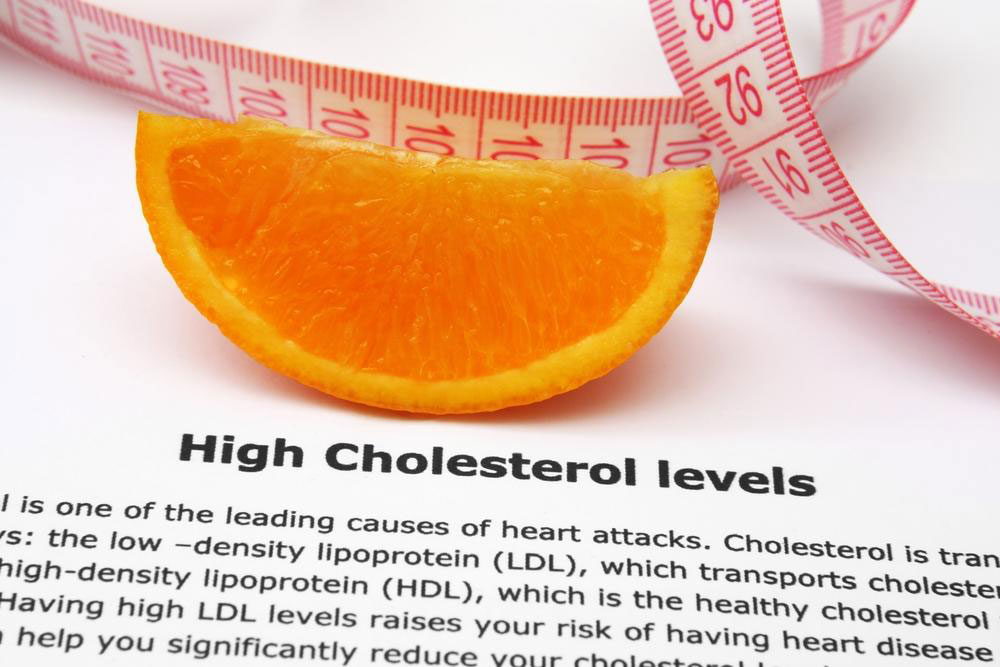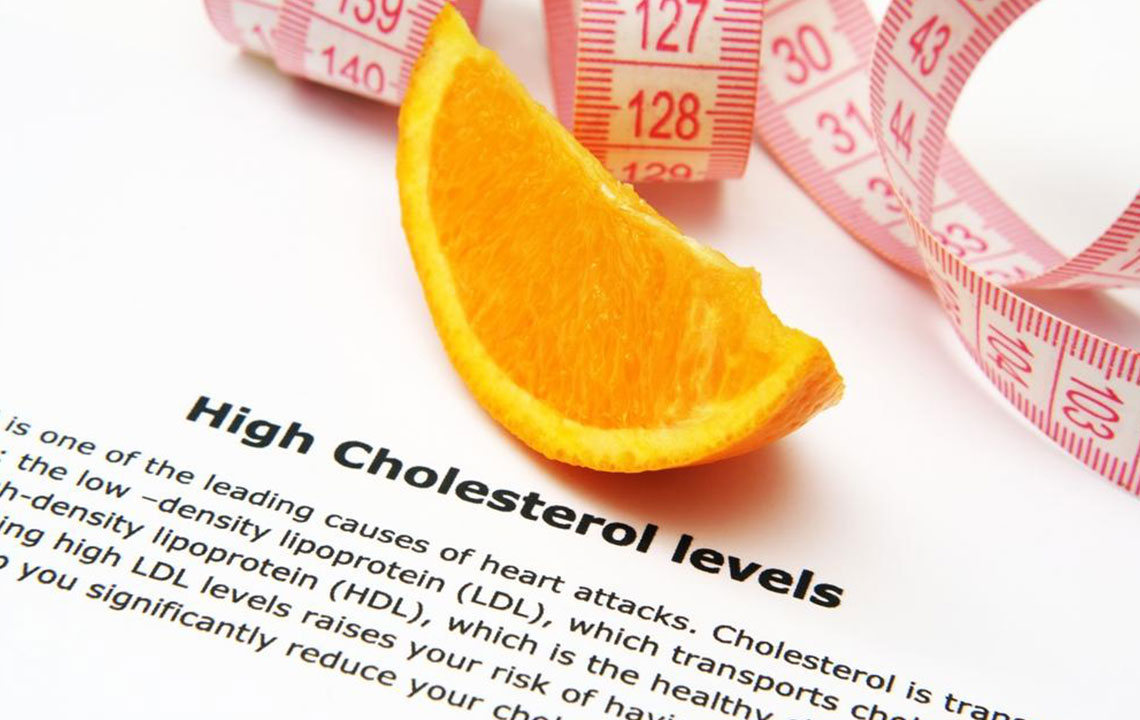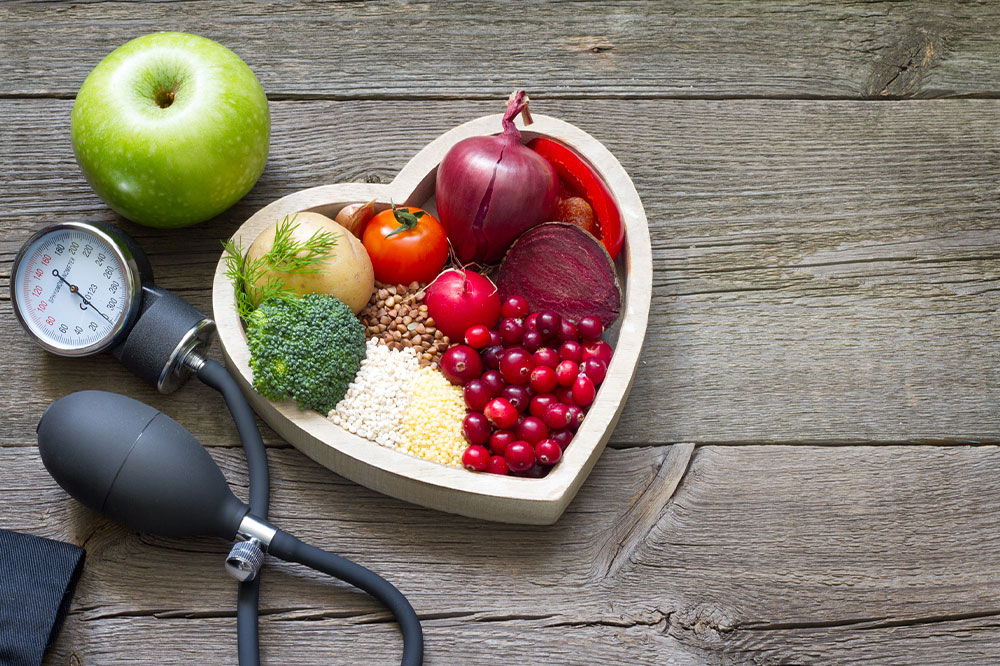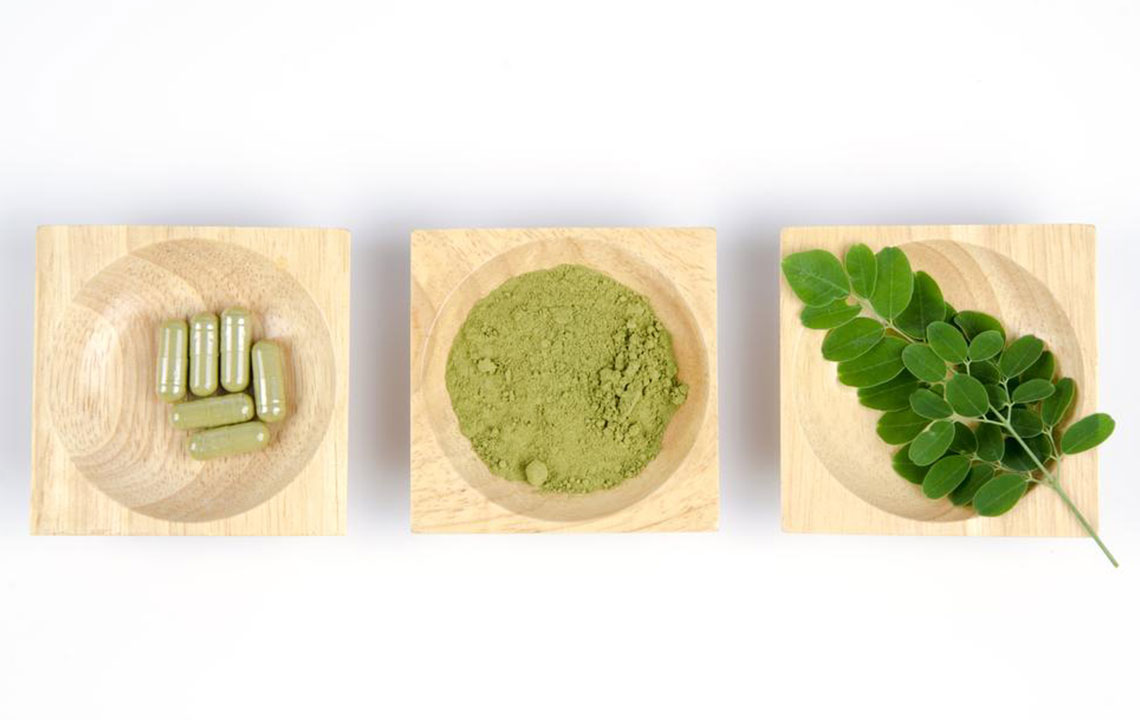Effective Natural Methods to Reduce Cholesterol and Promote Heart Health
Discover comprehensive natural strategies to lower cholesterol, including dietary modifications, exercise routines, and lifestyle changes. Promote heart health effectively without heavy reliance on medications. Learn practical tips for reducing saturated fats, increasing fiber intake, and incorporating healthy fats like omega-3s. Adopt simple daily habits that contribute to improving your lipid profile and preventing cardiovascular disease. This guide provides easy-to-follow advice suitable for anyone aiming to improve their heart health naturally and sustainably.
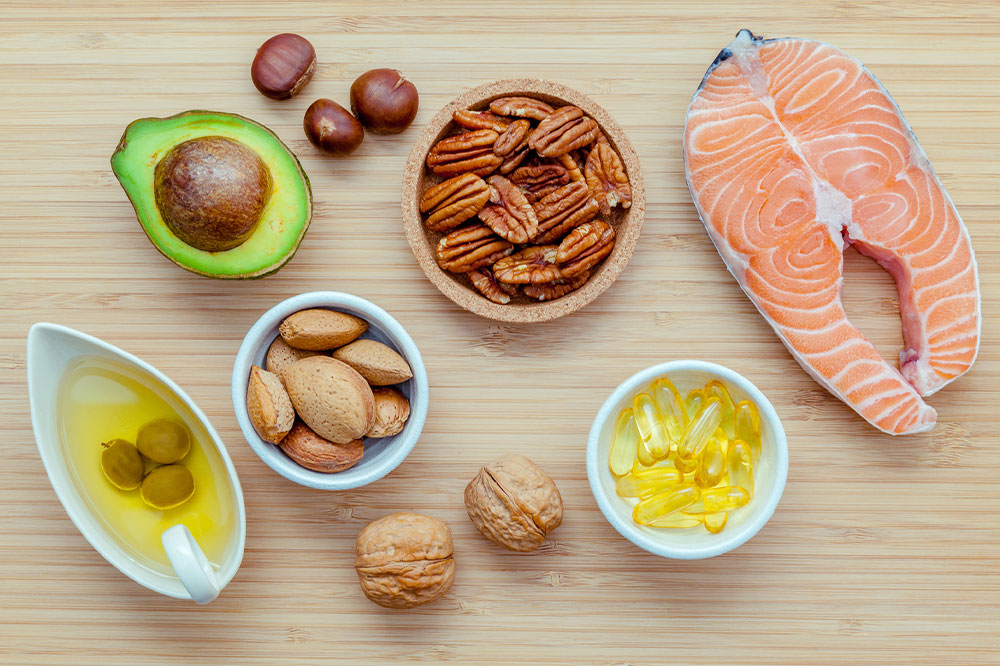
Effective Natural Methods to Reduce Cholesterol and Promote Heart Health
Cholesterol is a vital substance naturally produced by our bodies, serving essential roles such as building healthy cell membranes and facilitating hormone production. However, when blood cholesterol levels become excessive, they can lead to build-up in artery walls, causing narrowing and blockages that significantly raise the risk of cardiovascular diseases like heart attack and stroke. While pharmaceutical interventions are available for managing high cholesterol, adopting natural, lifestyle-based strategies can be equally effective in maintaining healthy cholesterol levels and improving overall heart health.
In this comprehensive guide, we explore a wide range of natural and practical approaches designed to optimize cholesterol levels without relying solely on medication. By making informed dietary choices, increasing physical activity, and modifying daily habits, you can significantly impact your cardiovascular health in a positive way.
Avoid Hydrogenated and Trans Fats
One of the most critical lifestyle adjustments is reducing your intake of hydrogenated and trans fats. These artificial fats are created through a chemical process called hydrogenation, which solidifies liquid oils to improve texture and shelf life of processed foods. Trans fats are prevalent in many baked goods, fried foods, margarine, and snack foods. Consuming trans fats elevates LDL (bad cholesterol) levels while simultaneously decreasing HDL (good cholesterol), thereby increasing your risk for heart disease. Always check product labels meticulously, and prioritize fresh, whole foods over processed items. Cutting back on fried foods, baked pastries, and margarine can make a substantial difference in your cholesterol profile.
Increase Your Intake of Soluble Fiber
Dietary fiber, especially the soluble type, plays a crucial role in managing cholesterol levels. Soluble fiber dissolves in water forming a gel-like substance, which binds to cholesterol molecules in the digestive system and aids in their excretion. Foods rich in soluble fiber include oats, barley, beans, lentils, peas, apples, citrus fruits, and berries. Incorporating these foods into your daily diet can effectively lower LDL cholesterol without negatively impacting HDL levels. Moreover, soluble fiber enhances the efficacy of cholesterol-lowering medications, providing additional support for maintaining a healthy lipid profile.
Opt for Monounsaturated Fats
Replacing saturated fats with monounsaturated fats can help elevate beneficial HDL cholesterol while reducing harmful LDL cholesterol. These healthy fats are predominantly found in plant-based oils, nuts, seeds, and certain fruits like avocados. Olive oil, in particular, is renowned for its high monounsaturated fat content and its antioxidant properties that combat oxidative stress—a contributor to cholesterol deposits in the arteries. Consuming foods rich in monounsaturated fats supports cardiovascular health, reduces inflammation, and helps prevent the formation of arterial plaques.
Maintain a Healthy Body Weight
Achieving and maintaining an ideal body weight is fundamental to controlling cholesterol levels naturally. Excess body weight, especially around the abdomen, is associated with increased LDL cholesterol and triglycerides, as well as decreased HDL levels. Incorporating a balanced diet rich in vegetables, fruits, lean proteins, and whole grains, combined with regular physical activity, can support weight management efforts. Even modest weight loss—about 5-10% of body weight—can lead to meaningful improvements in cholesterol profiles and overall cardiovascular risk. Always seek guidance from healthcare professionals before embarking on significant weight reduction programs to ensure safety and effectiveness.
Incorporate Plant Sterols and Stanols into Your Diet
Plant sterols and stanols are naturally occurring compounds found in certain plant-based foods that have been extensively studied for their cholesterol-lowering effects. They work by competing with dietary cholesterol during absorption in the intestines, thereby reducing the amount of cholesterol entering the bloodstream. These compounds are available in supplement forms and are added to various fortified foods such as spreads, margarines, and cereals. Regularly consuming products fortified with plant sterols and stanols, as part of a balanced diet, can lead to a significant reduction in total and LDL cholesterol levels. Consult with your healthcare provider about appropriate dosages and products.
Focus on Consuming Polyunsaturated Fats
Polyunsaturated fats, especially omega-3 and omega-6 fatty acids, are beneficial for heart health. They help lower LDL cholesterol and reduce inflammation, decreasing the risk of cardiovascular incidents. Rich sources include fatty fish—such as salmon, mackerel, sardines, and albacore tuna—as well as plant-based sources like walnuts, flaxseeds, and chia seeds. Incorporating these fats into your regular diet has been shown to support metabolic health, improve lipid profiles, and prevent the development of heart disease over time.
Engage in Regular Physical Activity
Exercise is a cornerstone of natural cholesterol management. Physical activity helps increase HDL (good cholesterol) and reduce LDL (bad cholesterol), along with controlling weight and lowering triglycerides. Moderate aerobic activities like brisk walking, swimming, cycling, or jogging for at least 150 minutes per week can provide substantial benefits. Consistent movement enhances heart and lung health, improves blood circulation, and strengthens blood vessels. Even if you’re pressed for time, integrating small bursts of activity throughout your day—such as taking stairs instead of elevators, walking during breaks, or gardening—can accumulate significant benefits over time.
Incorporate Movement into Your Daily Routine
Not everyone has the time or inclination for dedicated workouts. Fortunately, integrating physical activity into your daily routine can effectively help control cholesterol. Simple actions like parking farther from store entrances, using stairs rather than elevators, doing light stretching at your workstation, or taking short walks during breaks can increase your overall activity levels. These small, consistent efforts encourage better circulation, promote weight management, and enhance lipid profiles, all without requiring substantial lifestyle changes.
Adopt Healthy Cooking Styles
The way you prepare your meals can significantly impact your cardiovascular health. Favor cooking methods that retain nutrients and minimize added fats, such as baking, steaming, grilling, boiling, or sautéing with minimal oil. These techniques reduce the intake of unhealthy fats and preserve the beneficial nutrients found in your ingredients. By making mindful choices about cooking methods, you can enjoy flavorful and nutritious meals that support healthy cholesterol levels and overall heart health.
Embrace a Plant-Based Diet
Vegetarian and plant-based diets naturally promote better lipid profiles due to their high fiber content, low saturated fat levels, and abundance of heart-healthy phytochemicals. Incorporate a variety of vegetables like spinach, cauliflower, eggplant, and okra into your meals. These vegetables are not only rich in fiber but also contain antioxidants that combat oxidative stress and inflammation associated with cholesterol buildup. Transitioning to a diet centered around plant foods can be both enjoyable and beneficial for long-term cardiovascular health. Experiment with diverse recipes to keep your meals interesting and nutritious.
